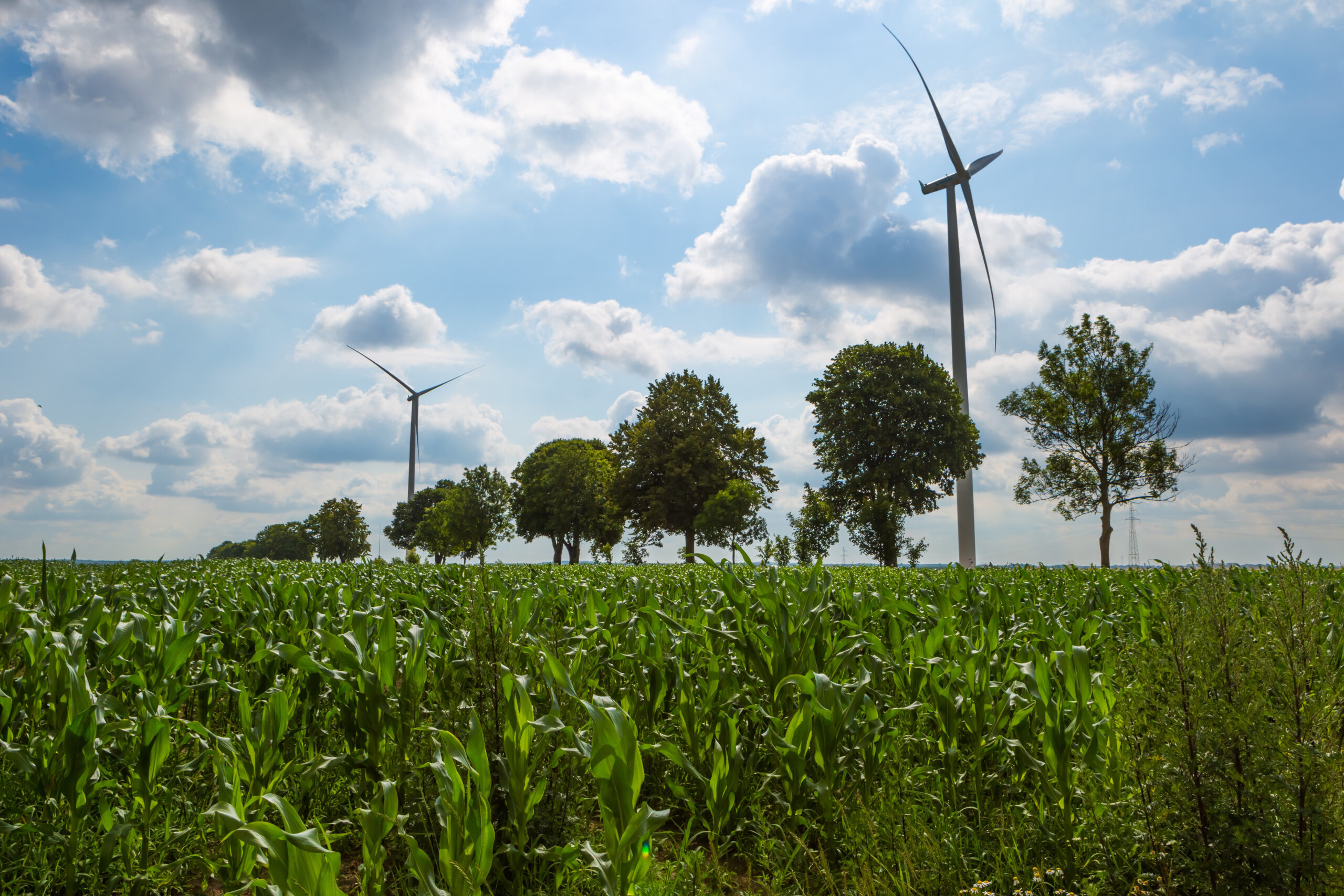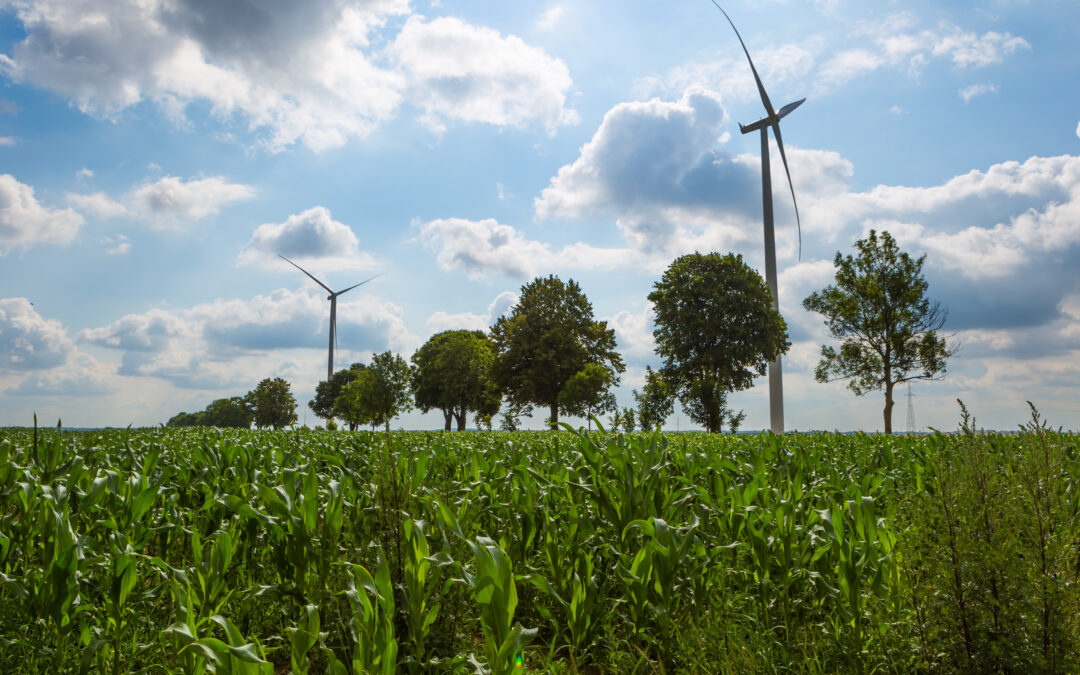Welcome to the world of self-reliance! Living off the grid can be a challenging but rewarding experience. In this blog post, we will explore some tips for setting up your off-grid home and living sustainably. Let’s get started with an introduction to self-sufficiency.

Living off the grid is becoming increasingly popular as people seek greater control over their lives and a more sustainable lifestyle. Self-sufficiency means being able to provide for yourself without relying on external resources or systems. It requires a combination of knowledge, skills, and planning to achieve success. Here are some tips for getting started with self-sufficiency.
Setting Up Your Off-Grid Home
The first step in living off the grid is finding the right location. Look for land that has access to water, fertile soil, and ample sunlight. You may also want to consider factors such as climate, topography, and proximity to other communities. Once you have found the perfect spot, it’s time to set up your off-grid home. This may include building a house from scratch or renovating an existing structure. Consider using eco-friendly materials like straw bale or cob construction. You will also need to install solar panels or another alternative energy source to power your home.
Growing Your Own Food and Raising Livestock
One of the keys to self-sufficiency is growing your own food. Start by planting a vegetable garden and experimenting with different crops. You may also want to raise chickens or other livestock for meat and eggs. Be sure to research the best practices for raising animals and plan accordingly. Remember that farming takes time and effort, so don’t expect instant results.
Alternative Energy Sources for Living off the Grid
In order to live off the grid, you will need to find alternative sources of energy. Solar panels are one option, but there are others as well. Wind turbines can generate electricity, while woodstoves can heat homes and cook meals. Consider researching these options and determining which ones would work best for your specific situation.
Conclusion
Living off the grid can be a fulfilling and rewarding experience. By following these tips, you can start down the path towards self-sufficiency and sustainability. Remember to stay committed, patient, and flexible throughout the process. Good luck!





